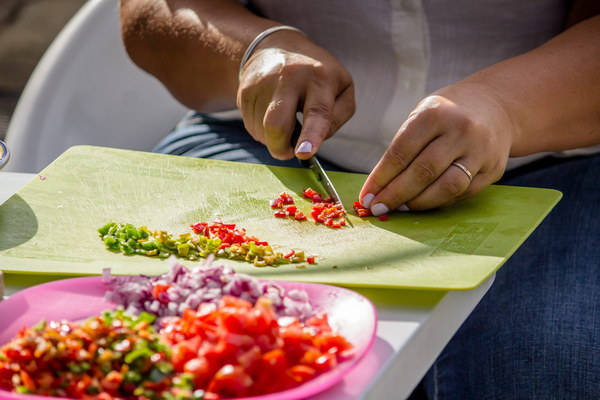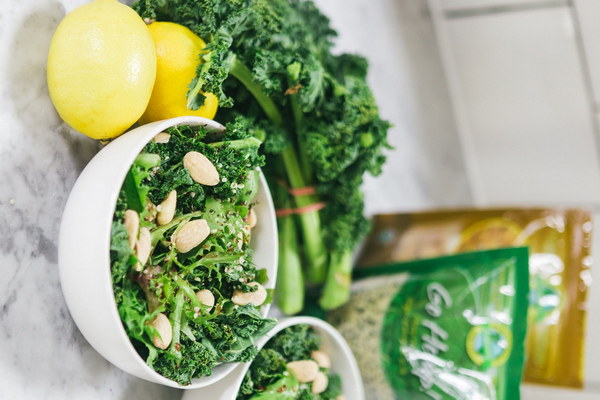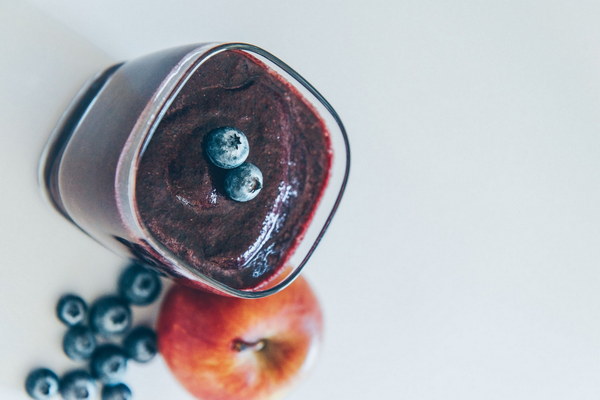Nourishing Your Stomach PostNausea Tips for PostPregnancy Gastric Care
Pregnancy is a beautiful journey filled with excitement and anticipation. However, it also brings along a host of challenges, and one of the most common discomforts faced by expectant mothers is morning sickness or nausea. While this symptom is usually temporary, it can be quite uncomfortable and can affect your overall well-being. Post-nausea, it's essential to focus on nourishing your stomach to ensure a healthy recovery. Here's a comprehensive guide on how to take care of your stomach after dealing with pregnancy nausea.
1. Gradually reintroduce solid foods
After experiencing persistent nausea, your stomach might be sensitive to certain foods. It's important to reintroduce solid foods gradually. Start with bland, easily digestible foods such as bananas, applesauce, rice, toast, and crackers. These foods are gentle on your stomach and can help prevent further nausea.
2. Eat small, frequent meals
Instead of three large meals a day, try to eat smaller, more frequent meals throughout the day. This approach can help keep your blood sugar levels stable and reduce the likelihood of feeling queasy. Aim for five to six small meals a day, and try to eat every two to three hours.
3. Stay hydrated

Hydration is crucial for post-pregnancy recovery. However, when dealing with nausea, drinking water might seem daunting. To make it easier, try sipping on small amounts of water throughout the day or consume hydrating foods like fruits and vegetables. You can also try herbal teas or ginger tea, which are known for their soothing properties.
4. Avoid strong odors and spicy foods
Strong odors and spicy foods can trigger nausea in some pregnant women. To prevent this, avoid cooking with strong spices and opt for mild flavors. Additionally, try to avoid being around strong odors, such as perfume or cleaning products.
5. Practice mindful eating
Mindful eating involves being fully present and aware of the food you are eating. Pay attention to your hunger cues and eat slowly, taking the time to savor each bite. This can help reduce the likelihood of feeling overwhelmed by food and minimize nausea.
6. Incorporate ginger into your diet
Ginger has been used for centuries to alleviate nausea and improve digestion. You can consume ginger in various forms, such as ginger tea, ginger ale, or fresh ginger. Try adding a small piece of ginger to your meals or sipping on ginger tea throughout the day.
7. Get enough rest
Rest is essential for post-pregnancy recovery. Nausea can be exacerbated by fatigue, so ensure you're getting enough sleep. Try to rest when you feel tired and take advantage of naps during the day, if possible.
8. Consult with your healthcare provider
If you're struggling to manage your nausea post-pregnancy, it's important to consult with your healthcare provider. They can offer advice tailored to your specific needs and may recommend additional treatments or medications, if necessary.
9. Monitor your overall health
As you focus on nourishing your stomach, it's also essential to monitor your overall health. Pay attention to any signs of complications, such as severe pain, persistent nausea, or blood in your vomit. If you notice any concerning symptoms, contact your healthcare provider immediately.
10. Embrace the healing process
Recovering from pregnancy nausea is a gradual process. Be patient with yourself and embrace the healing process. Remember that taking care of your stomach is crucial for your overall well-being and the health of your baby.
In conclusion, taking care of your stomach after dealing with pregnancy nausea is essential for a healthy recovery. By gradually reintroducing solid foods, eating small, frequent meals, staying hydrated, avoiding strong odors and spicy foods, practicing mindful eating, incorporating ginger into your diet, getting enough rest, consulting with your healthcare provider, monitoring your overall health, and embracing the healing process, you can help ensure a smooth recovery. Remember, taking care of yourself is the best way to care for your baby.









